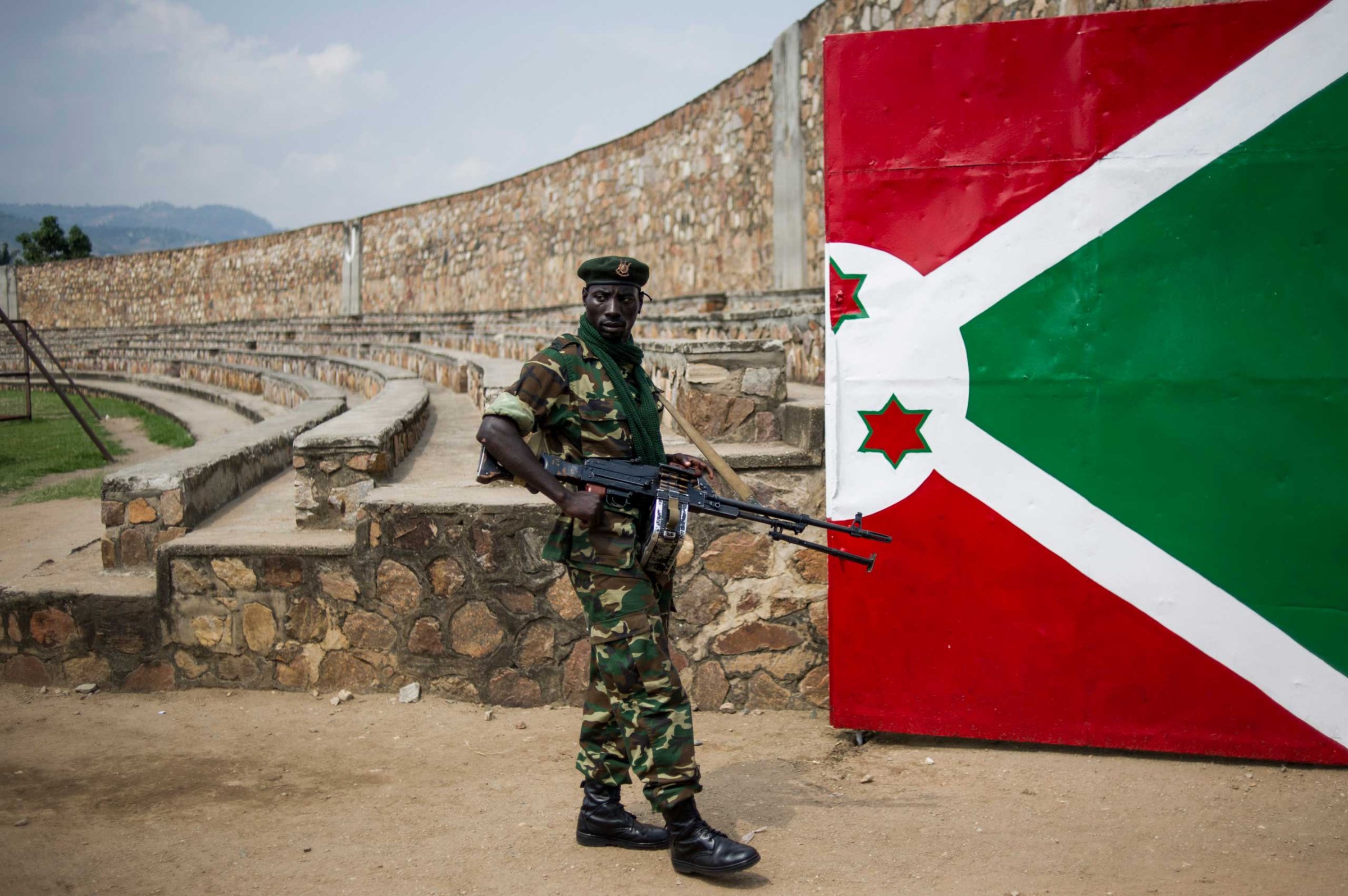
On April 25, Burundi’s President Pierre Nkurunziza said he would seek a third term in office—despite a constitution that limits the time spent in office for any one person to two terms of five years each. The announcement sparked violent protests among opposition supporters in the country, in the Great Lakes area of Africa. Freelance photographer Phil Moore, who also contributes to Agence France-Presse, arrived a few days later, on May 1, and what he saw there underscores the gravity of the situation.
In the first weeks of May, the protests remained largely localized in strongholds of the opposition outside of the country’s capital, Bujumbura. “The protesters were in the streets almost every day,” says Moore, “and the police were trying to prevent them from bringing the protests to the city center.”
In some cases, civilians were targeted when they were suspected of belonging to the ruling party’s Imbonerakure youth militia, as Moore’s colleague, Jerome Delay of Associated Press witnessed on May 7.
“After a while, the army was forced to come in to act as a buffer to defuse the tension,” says Moore.
The turning point came a few days later when former intelligence chief Godefroid Niyombare seized control of the capital’s airport and media assets in an apparent coup. For 36 hours, chaos engulfed the country as forces loyal to President Nkurunziza wrestled with Niyombare’s supporters. In the end, the coup failed, forcing Niyombare to flee the country.
Man Survives Mob Attack in Burundi as Protests Intensify
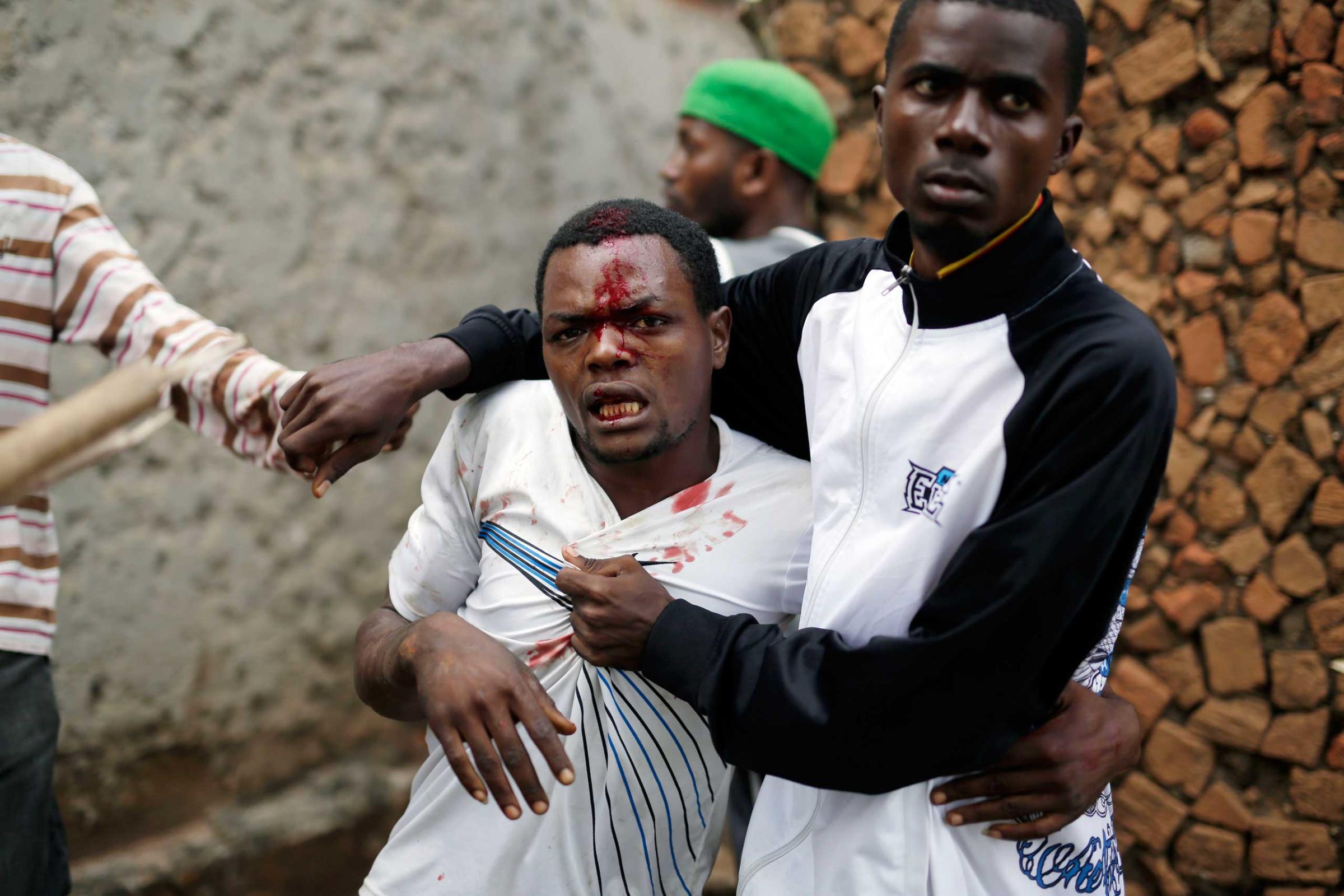
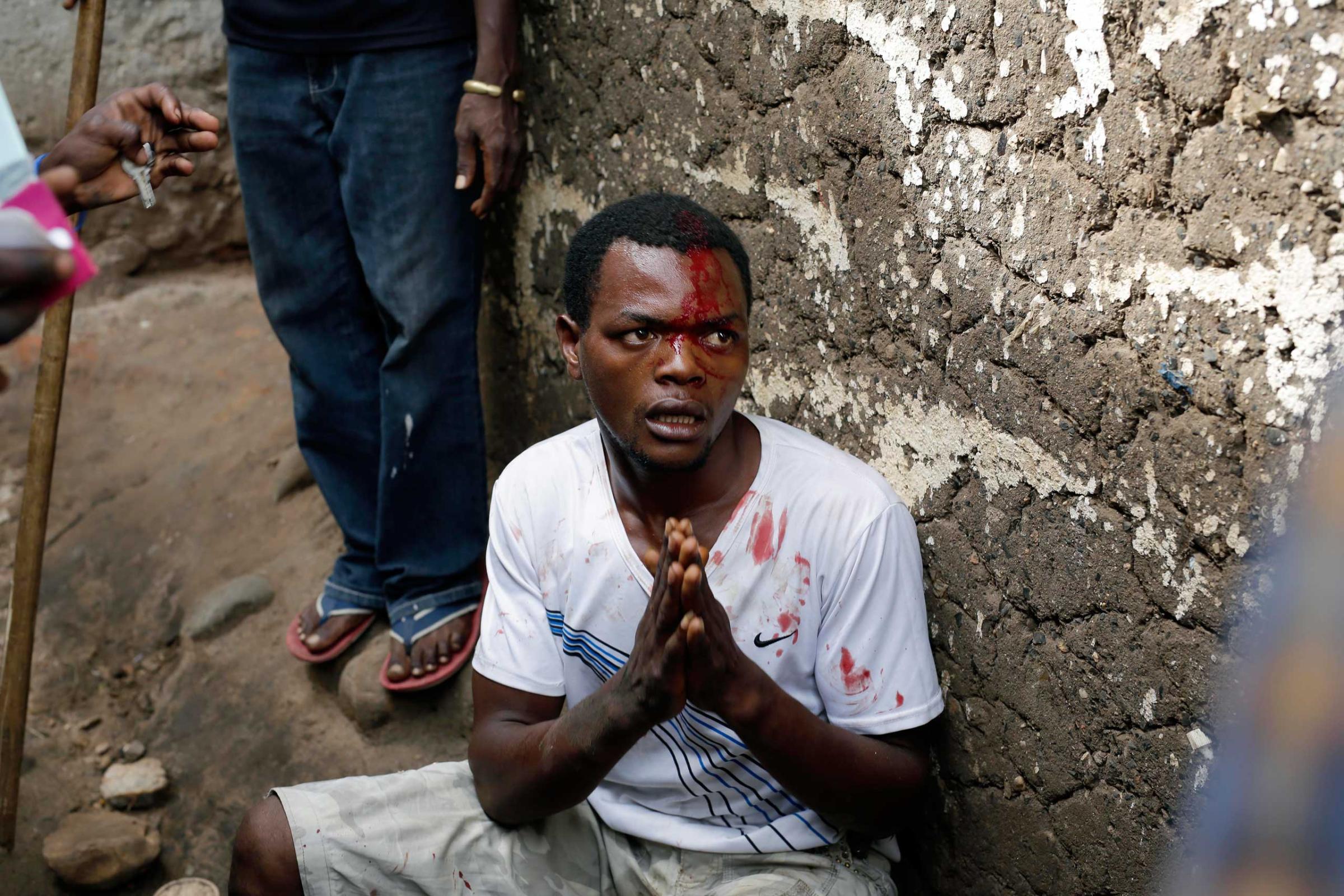
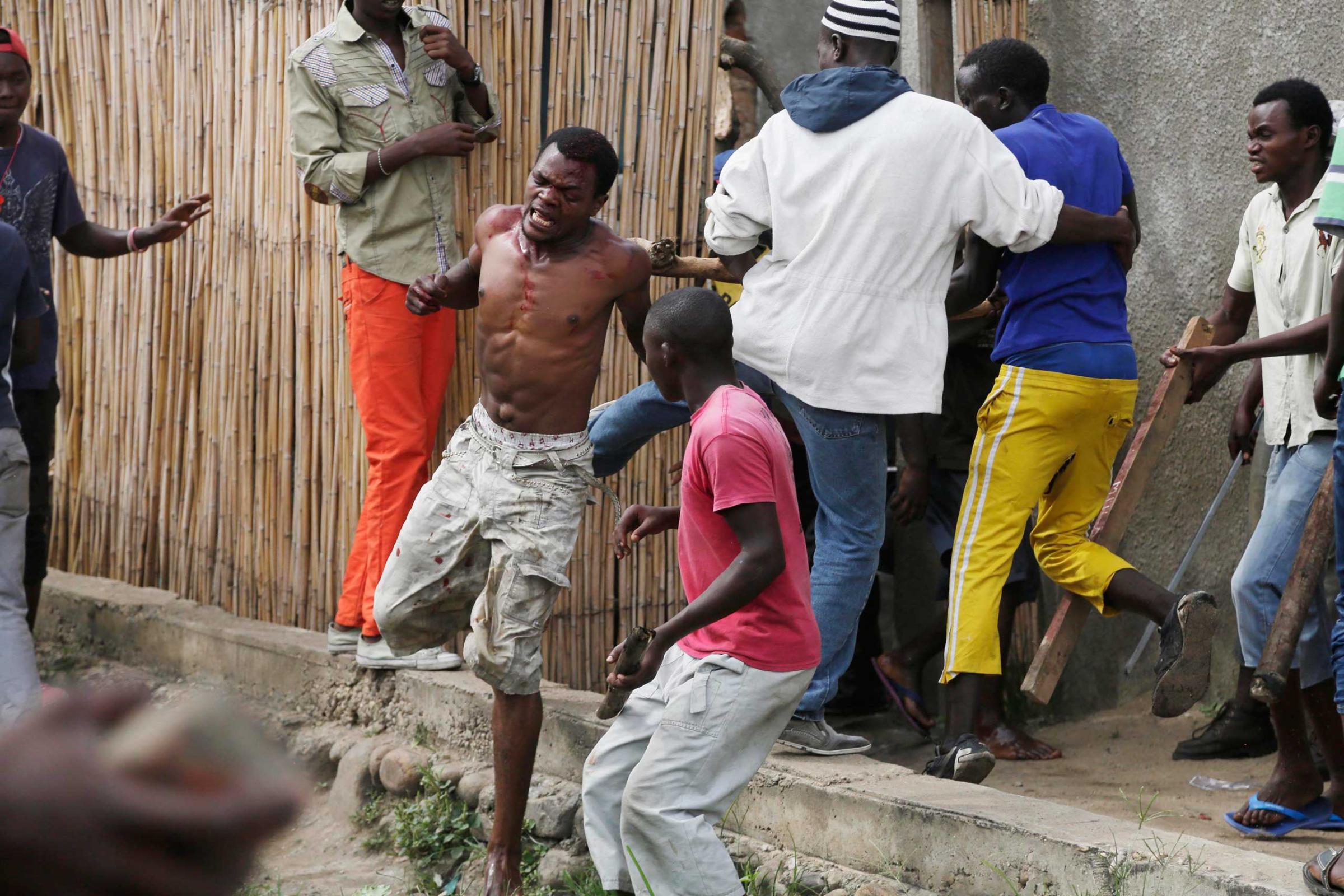
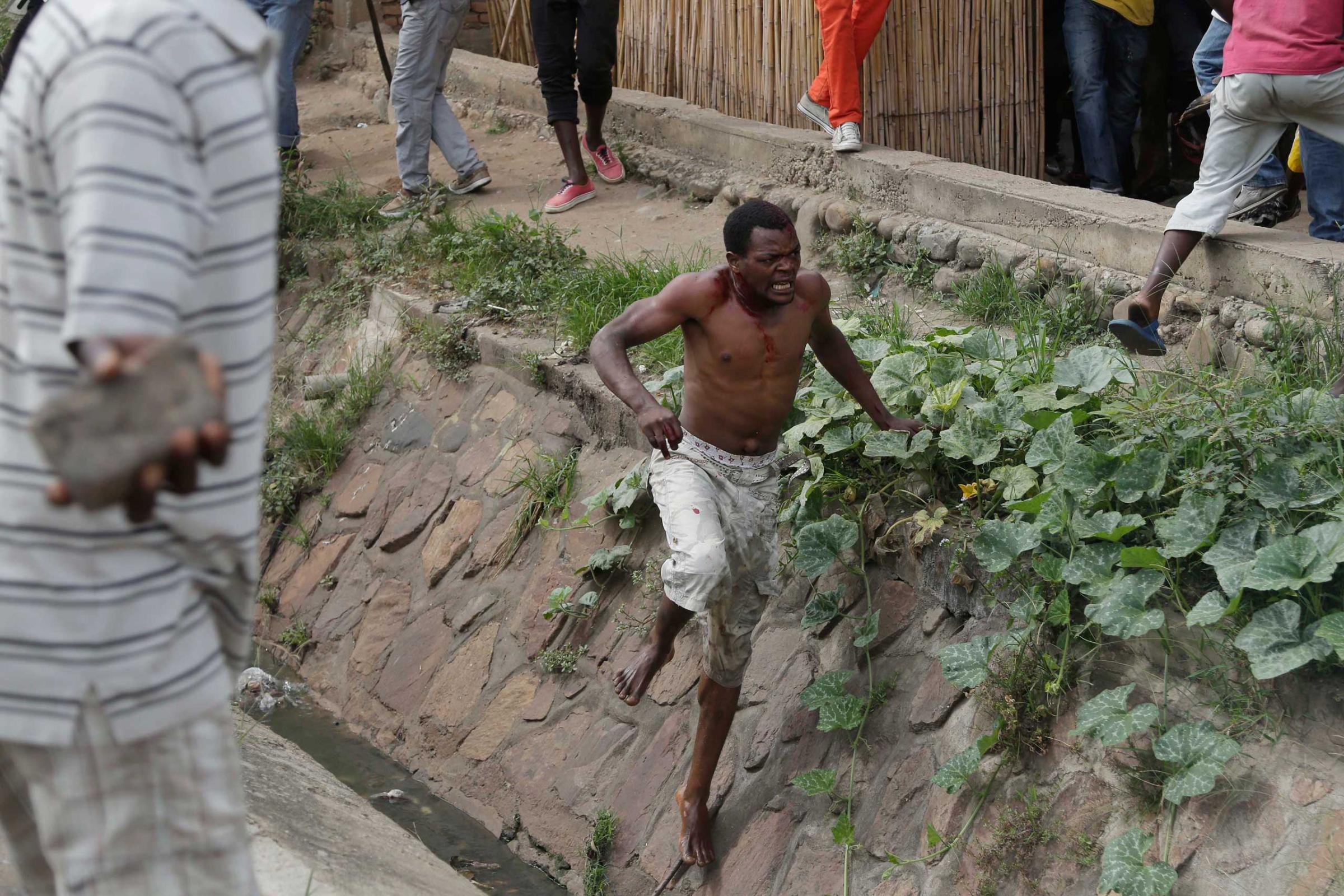
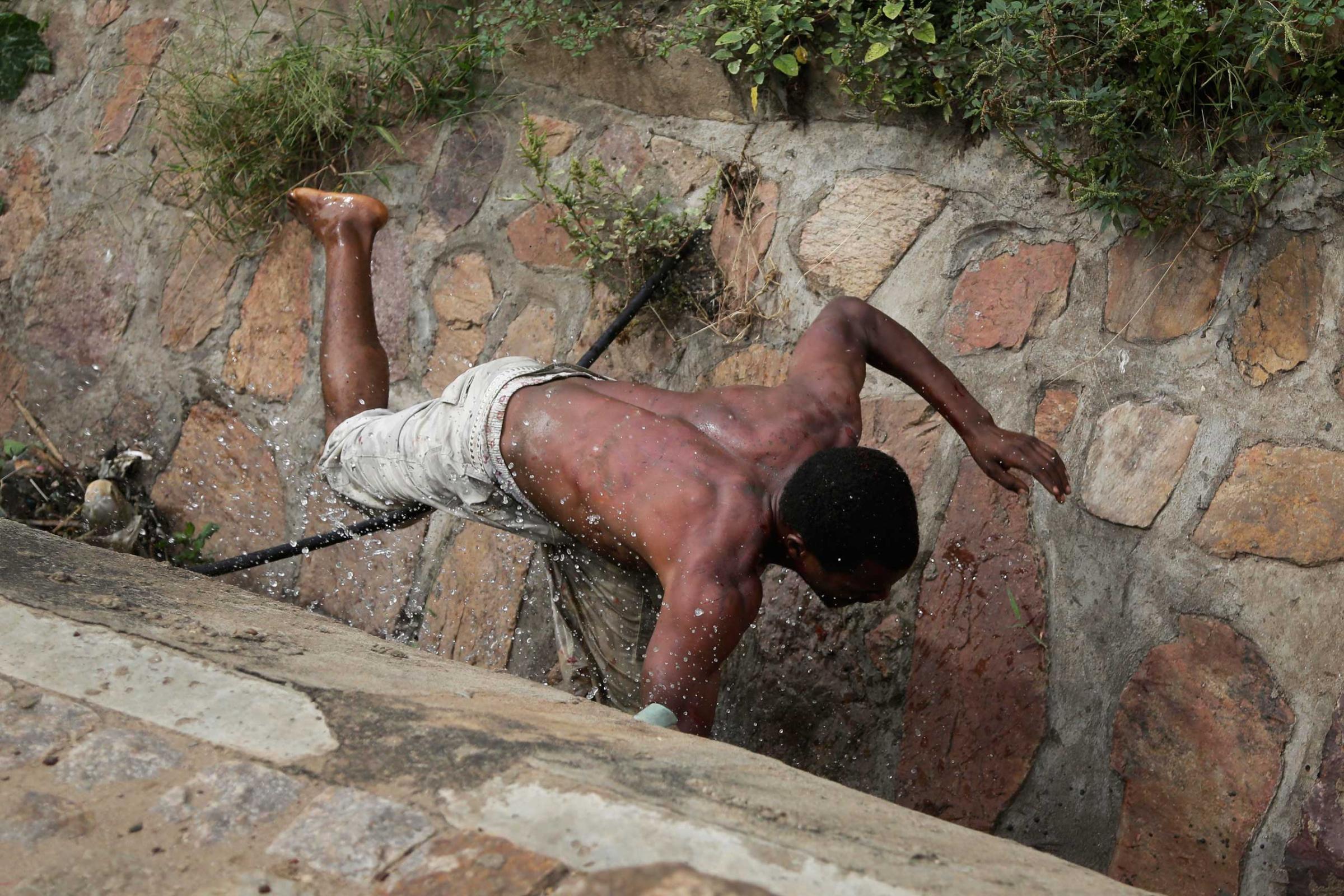
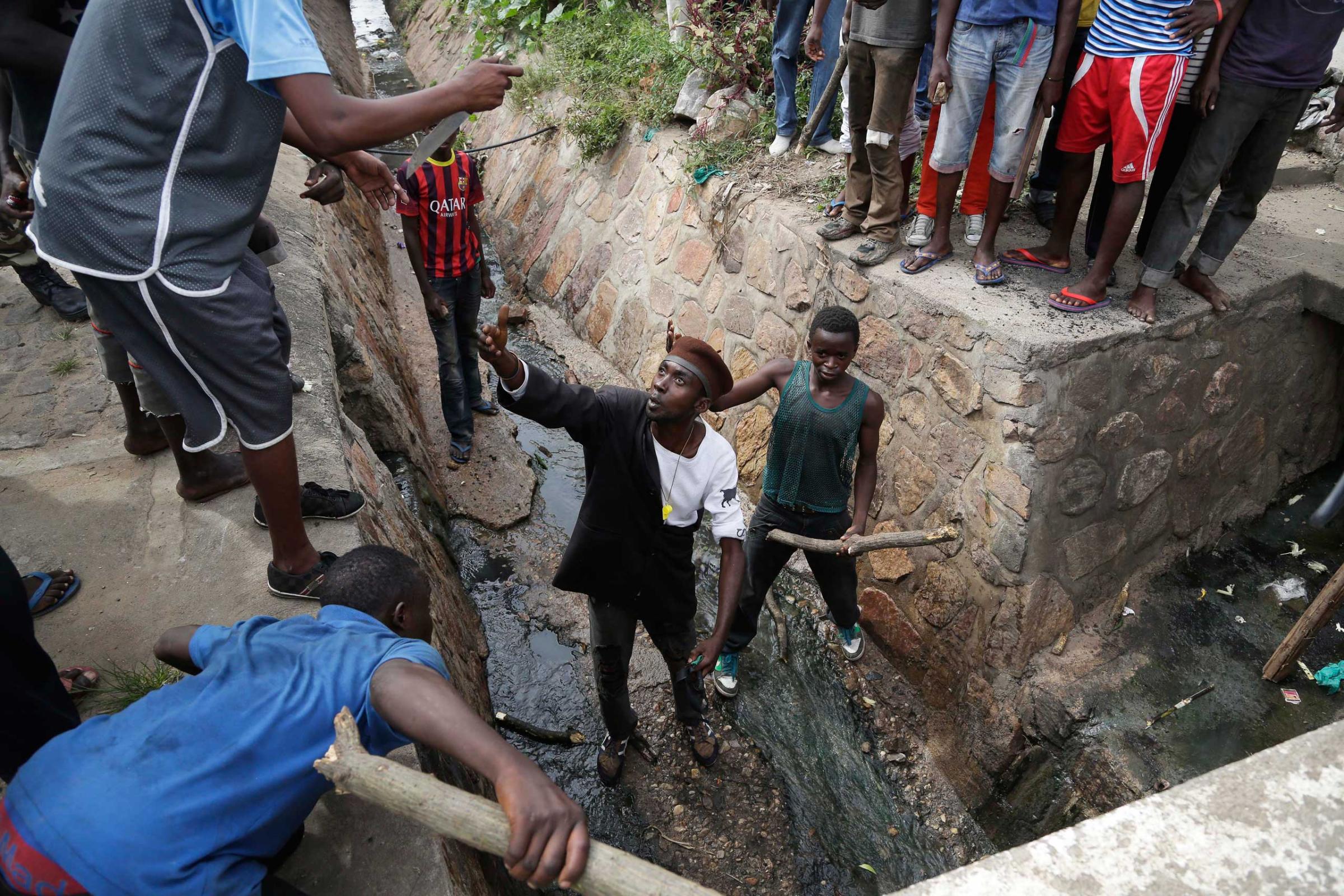
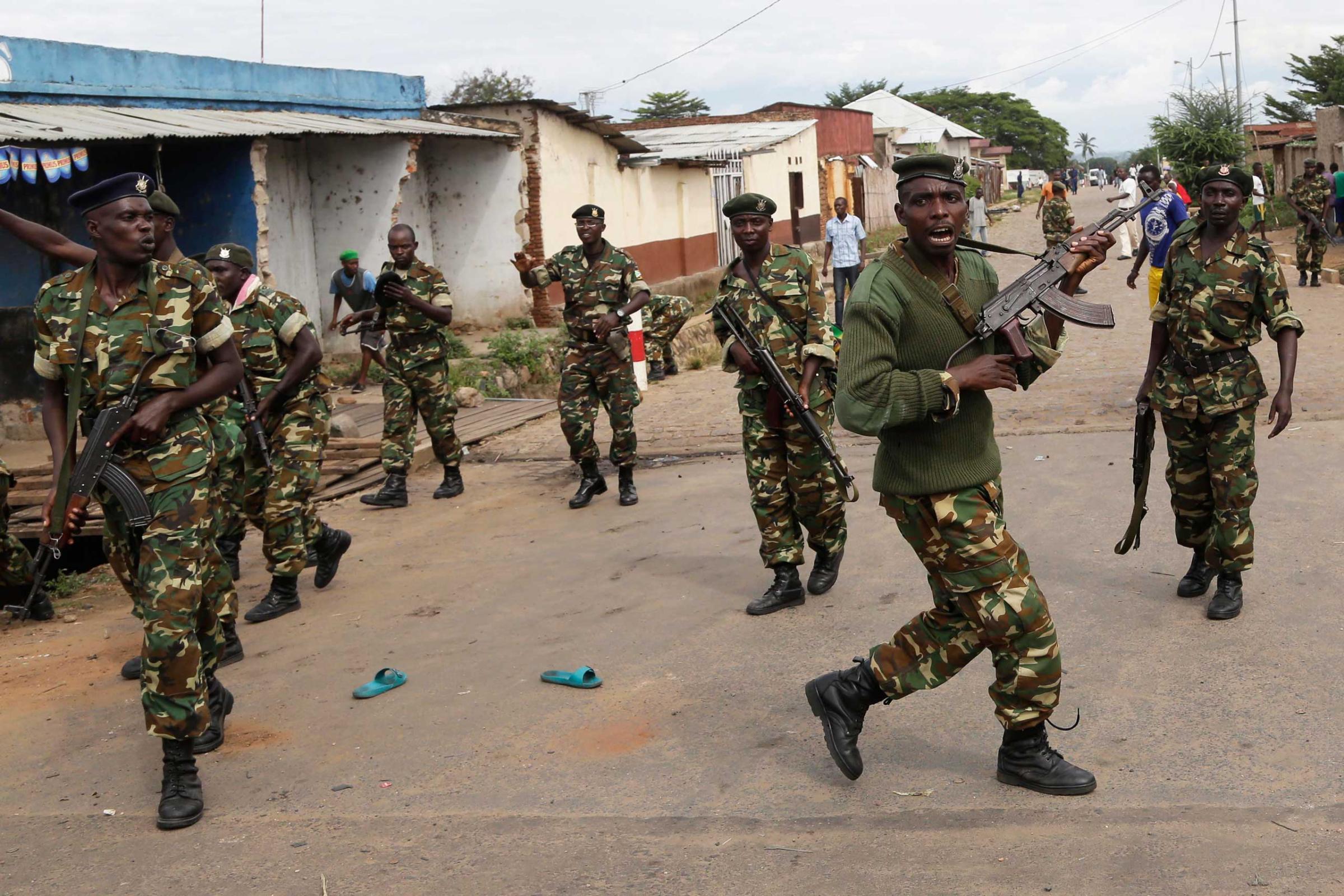
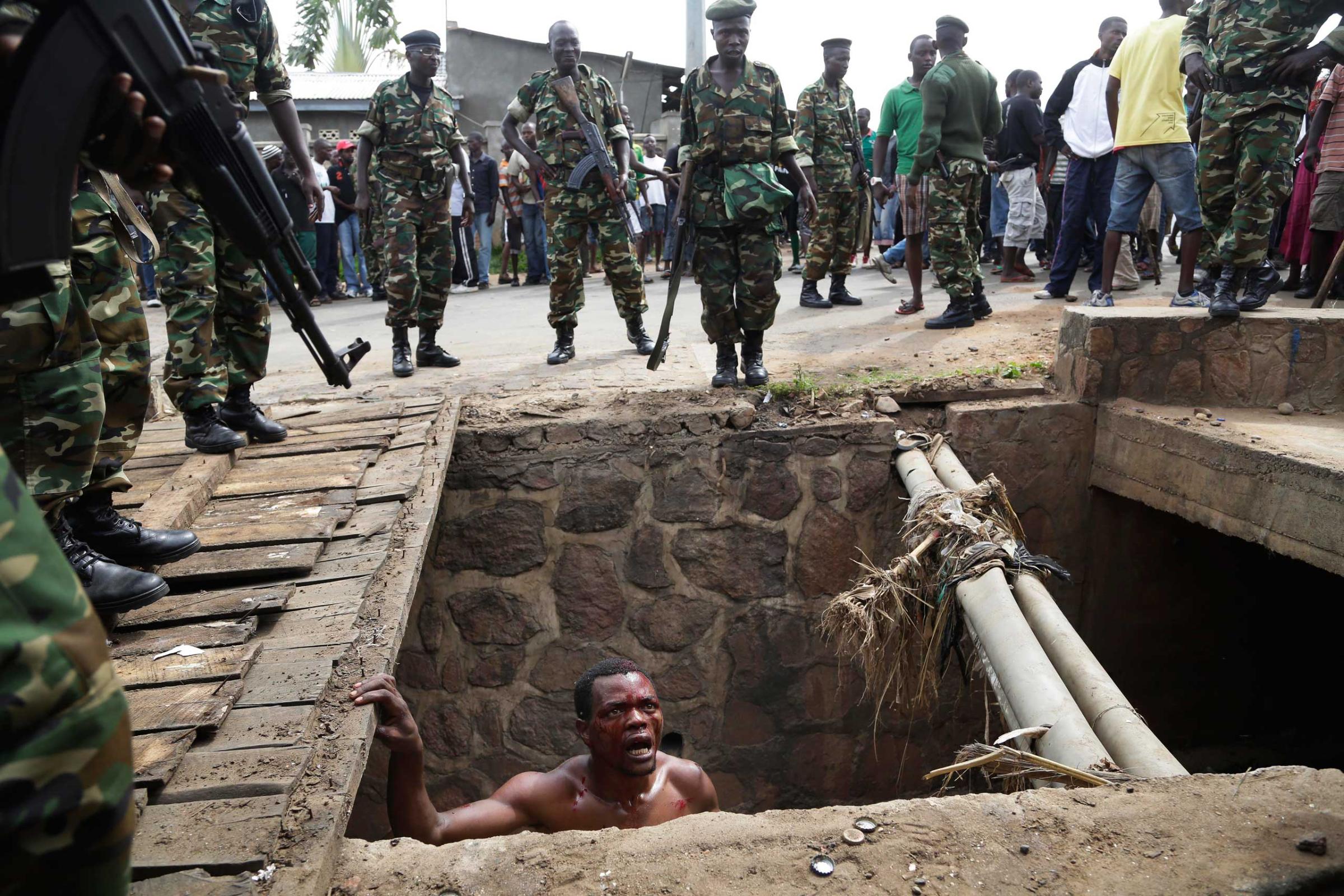
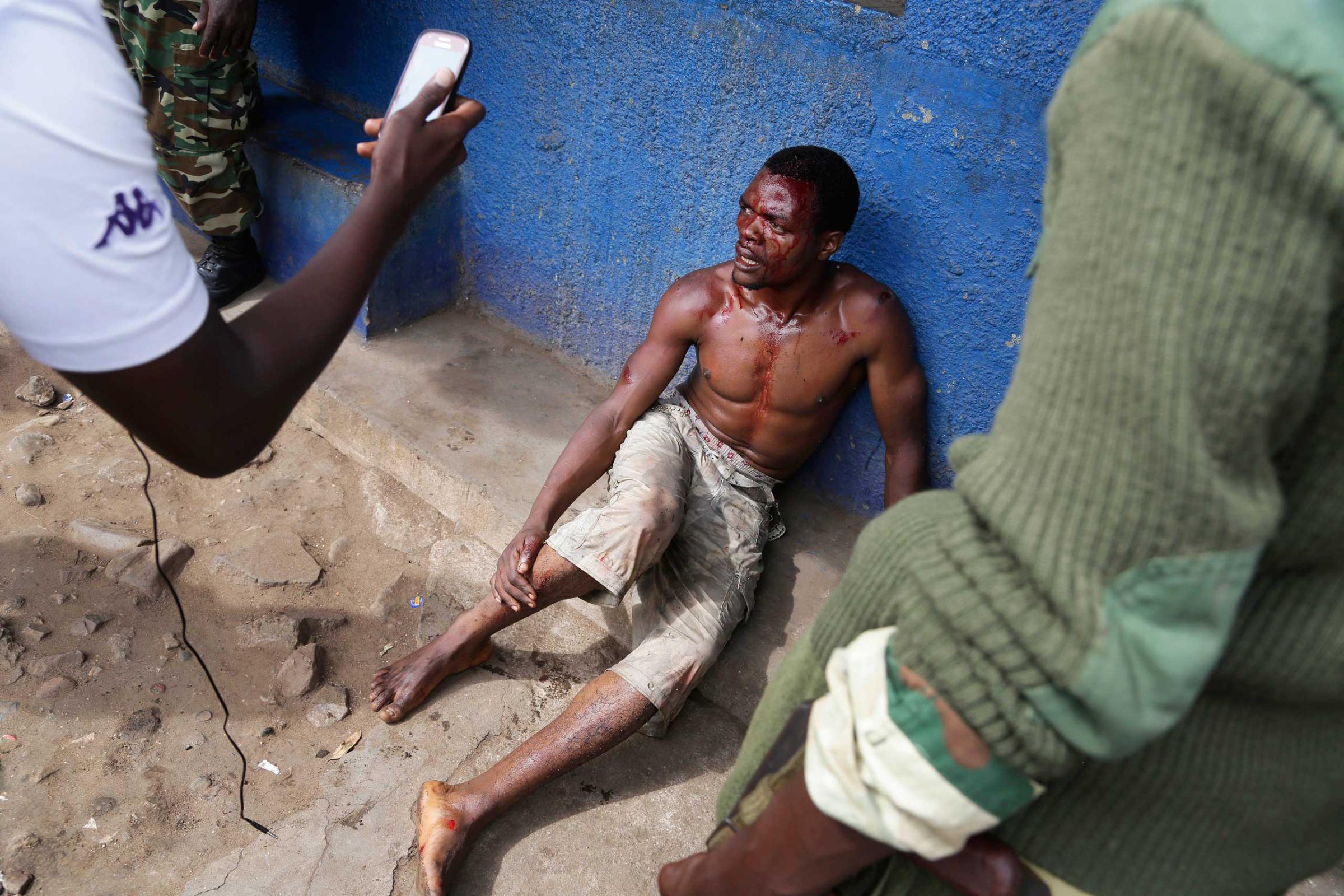
“After that, the government used this attempt to portray protesters as dissidents and rebels,” says Moore. “Any sort of protests were violently put down, and that’s when the situation took an even more sinister turn as, in June, there was a series of grenade attacks throughout the capital before the parliamentary elections.”
Seen as a prelude and litmus test for last week’s presidential elections, those elections were conducted in an environment that was “not conducive for free, credible and inclusive elections,” according to the United Nations electoral observer mission. Last week, the U.N. renewed its condemnation — this time for the presidential elections, in which Nkurunziza won a third term with 69% of the vote. “Now, everybody is waiting to see what happens next,” says Moore.
President Yoweri Museveni of Uganda is now mediating Burundi’s crisis, leading negotiations between the government and opposition groups “to reach an agreement on issues affecting the political situation in Burundi and report back as soon as possible,” according to the Associated Press.
For Moore, this is only the start of his documentation of the country’s politics. In the future, he plans to take a deeper look at Burundi’s economic and social situation. “Burundi is one of the poorest countries in the world,” he says. “I’ve been able to look at these other issues that underpin the problems the country is going through right now.”
And it’s not just Burundi: “It’s quite an important story not just because of what happening in Burundi, but also for what it means for the region,” Moore adds. “This talk of new presidential mandate is relevant in Congo as well as in Rwanda.”
Last week, the Rwandan government launched a national consultation as its president, Paul Kagame, sought to change the country’s constitution to scrap term limits and grant him a potential third term in office.
Phil Moore is a freelance photographer and contributor to Agence France-Presse based in Kenya and the U.K.
Mikko Takkunen is an Associate Photo Editor at TIME. Follow him on Twitter @photojournalism.
Olivier Laurent is the editor of TIME LightBox. Follow him on Twitter and Instagram @olivierclaurent
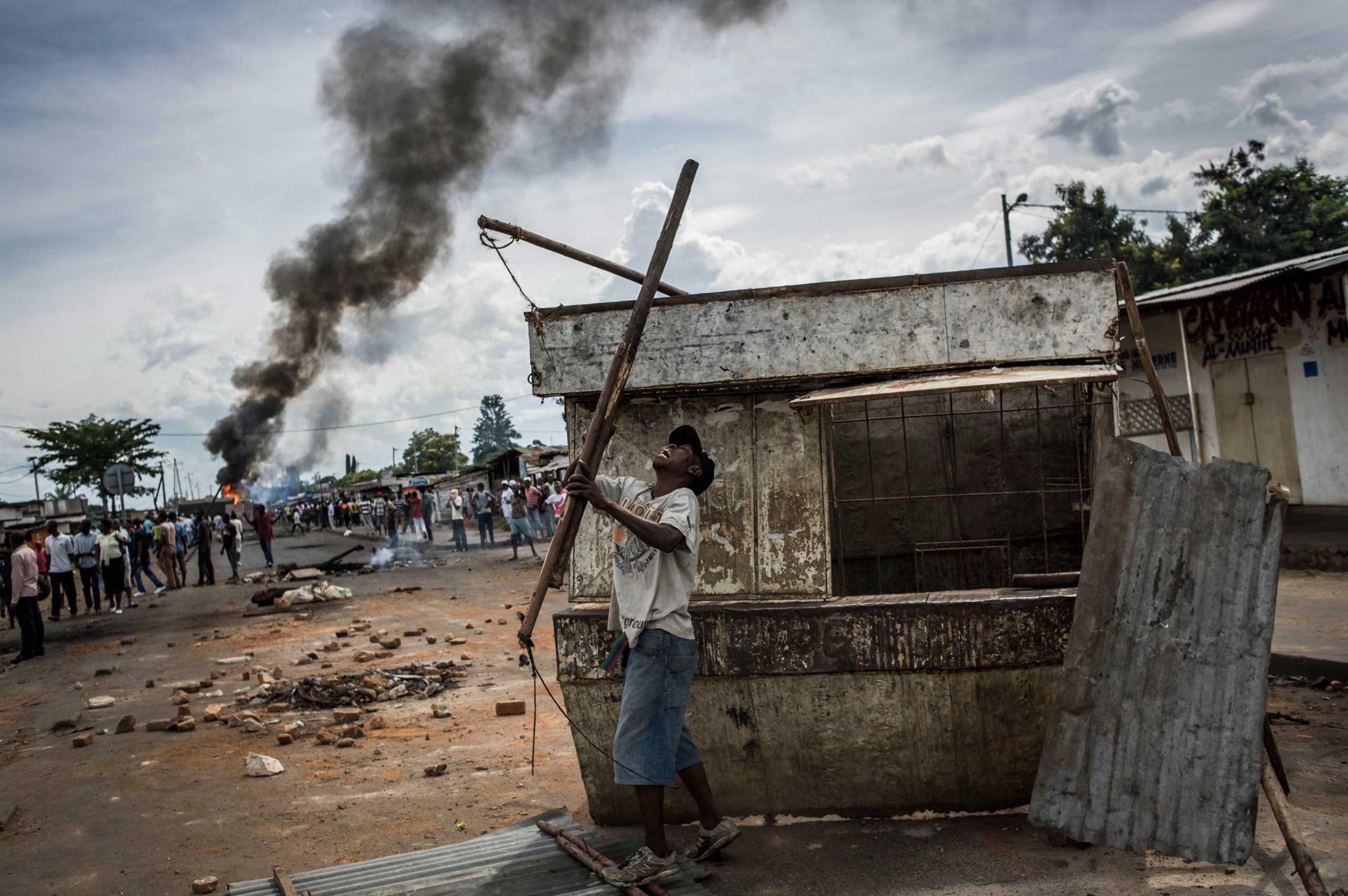

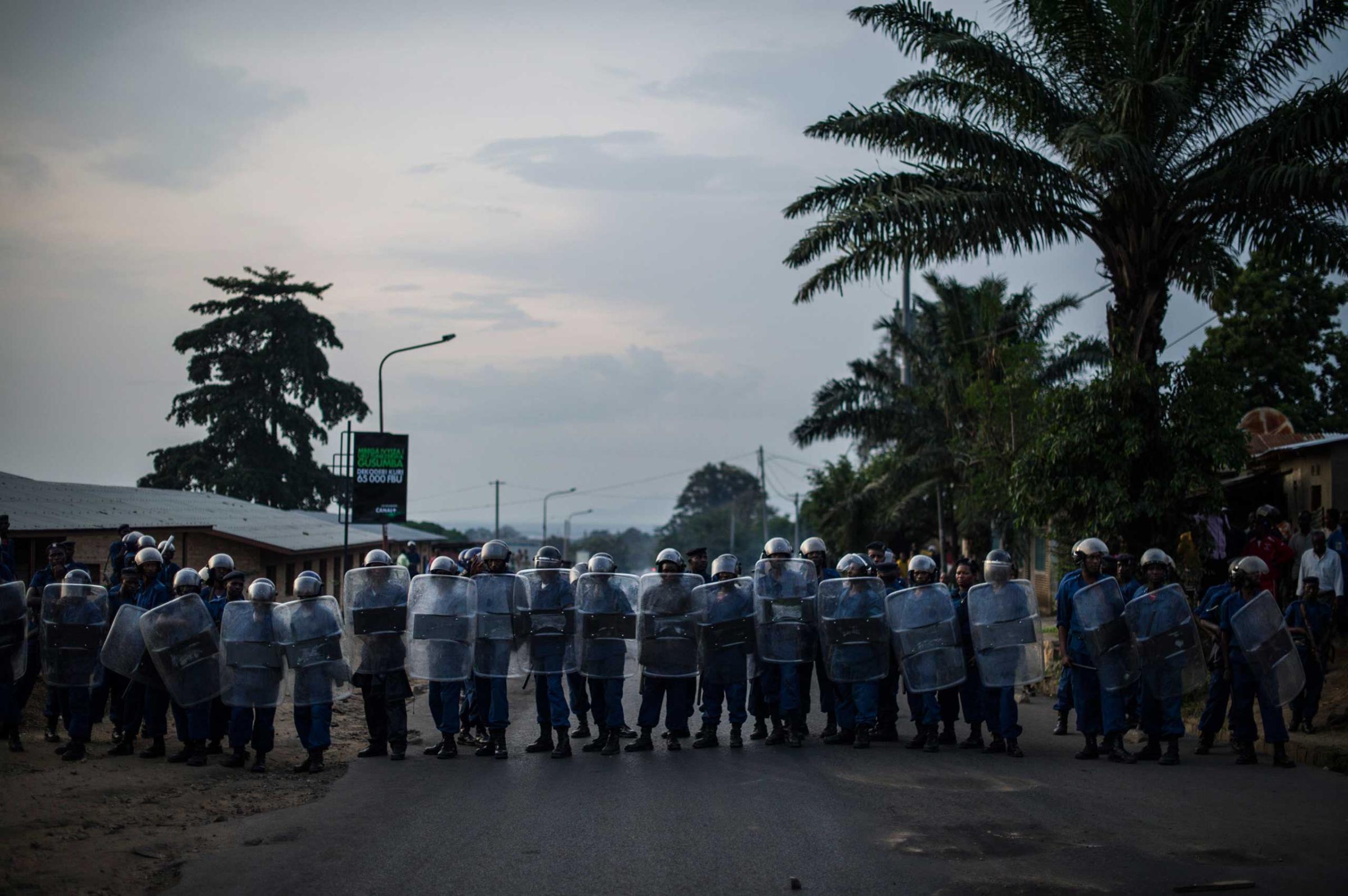
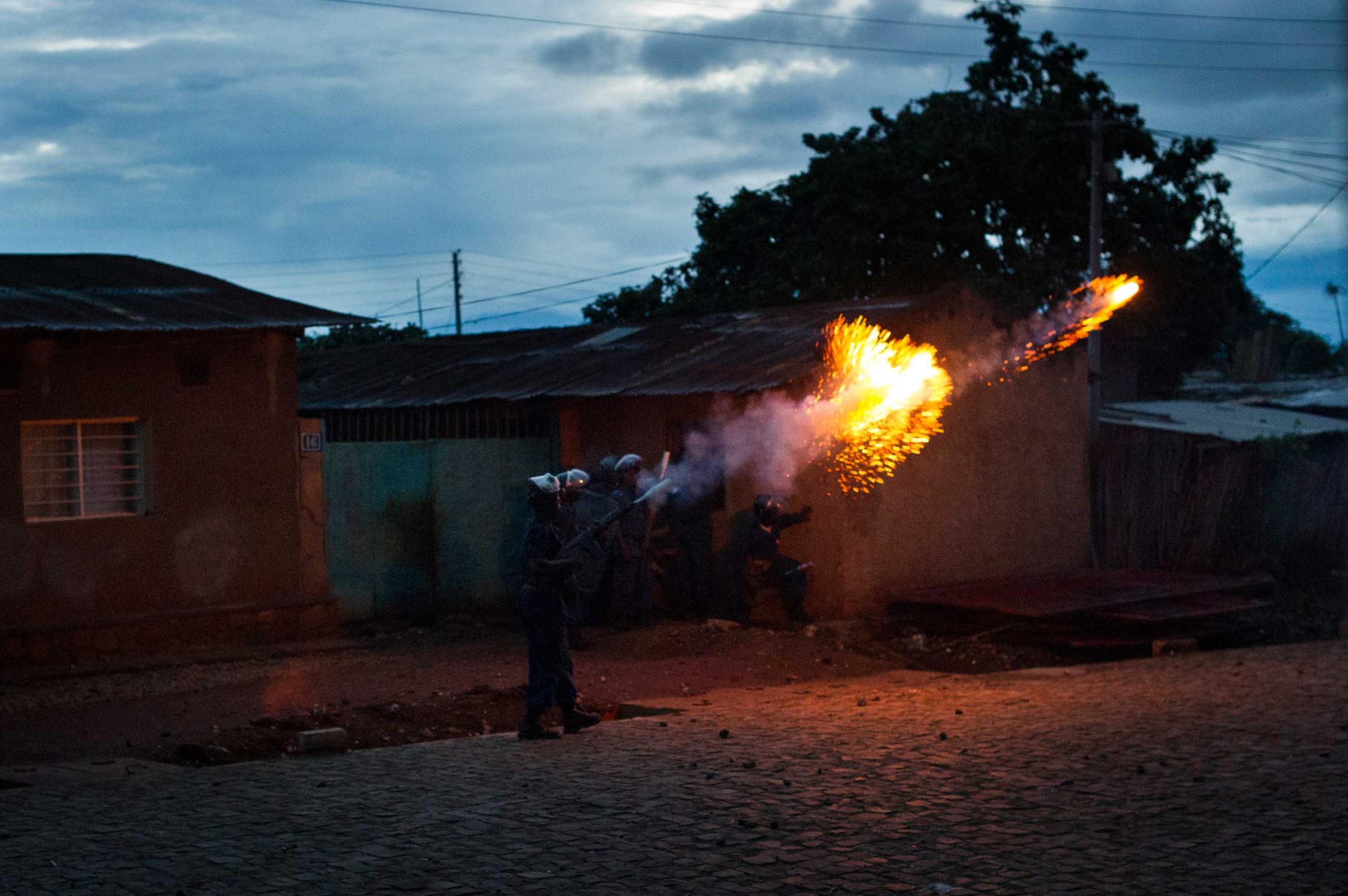
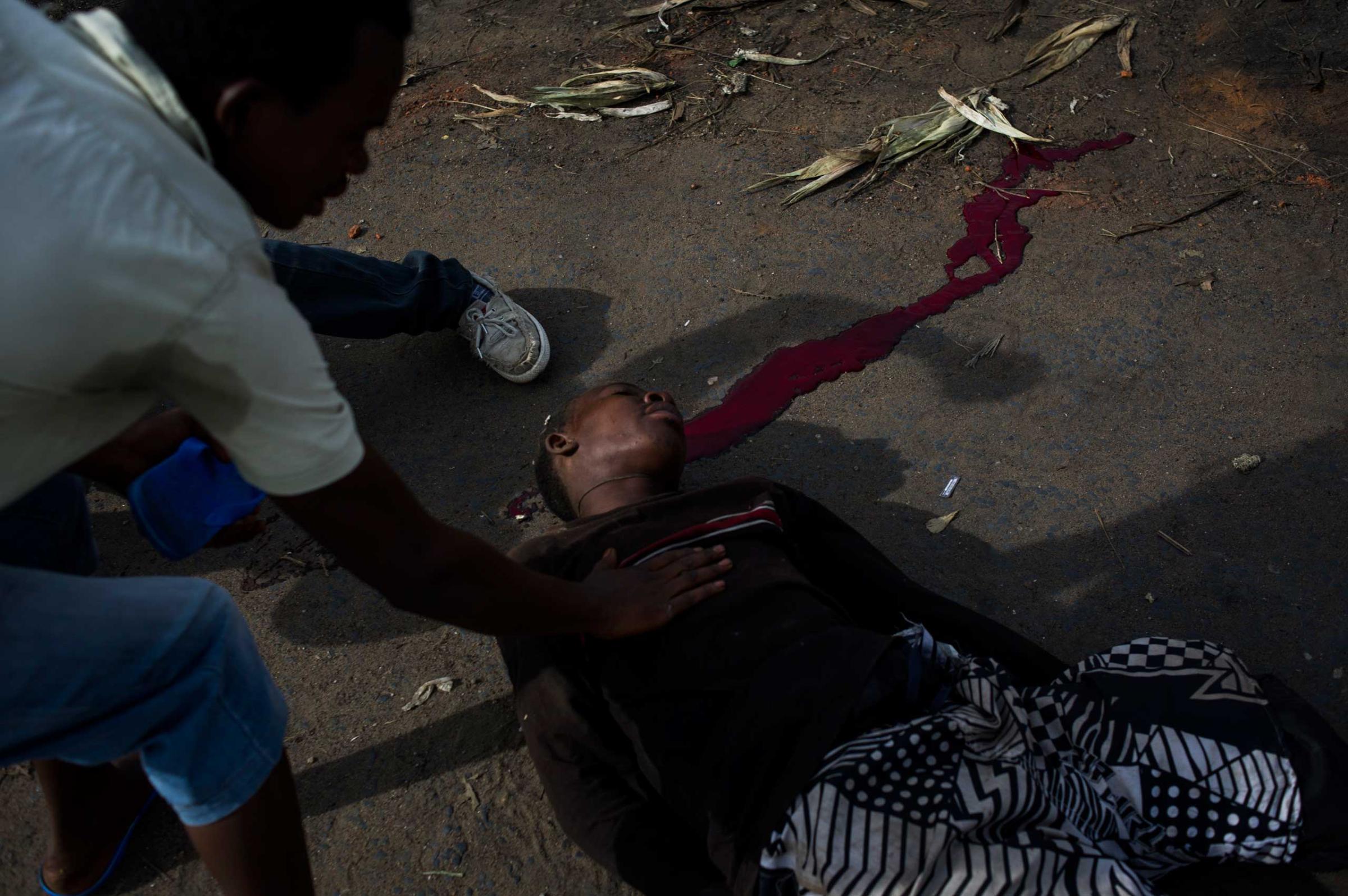
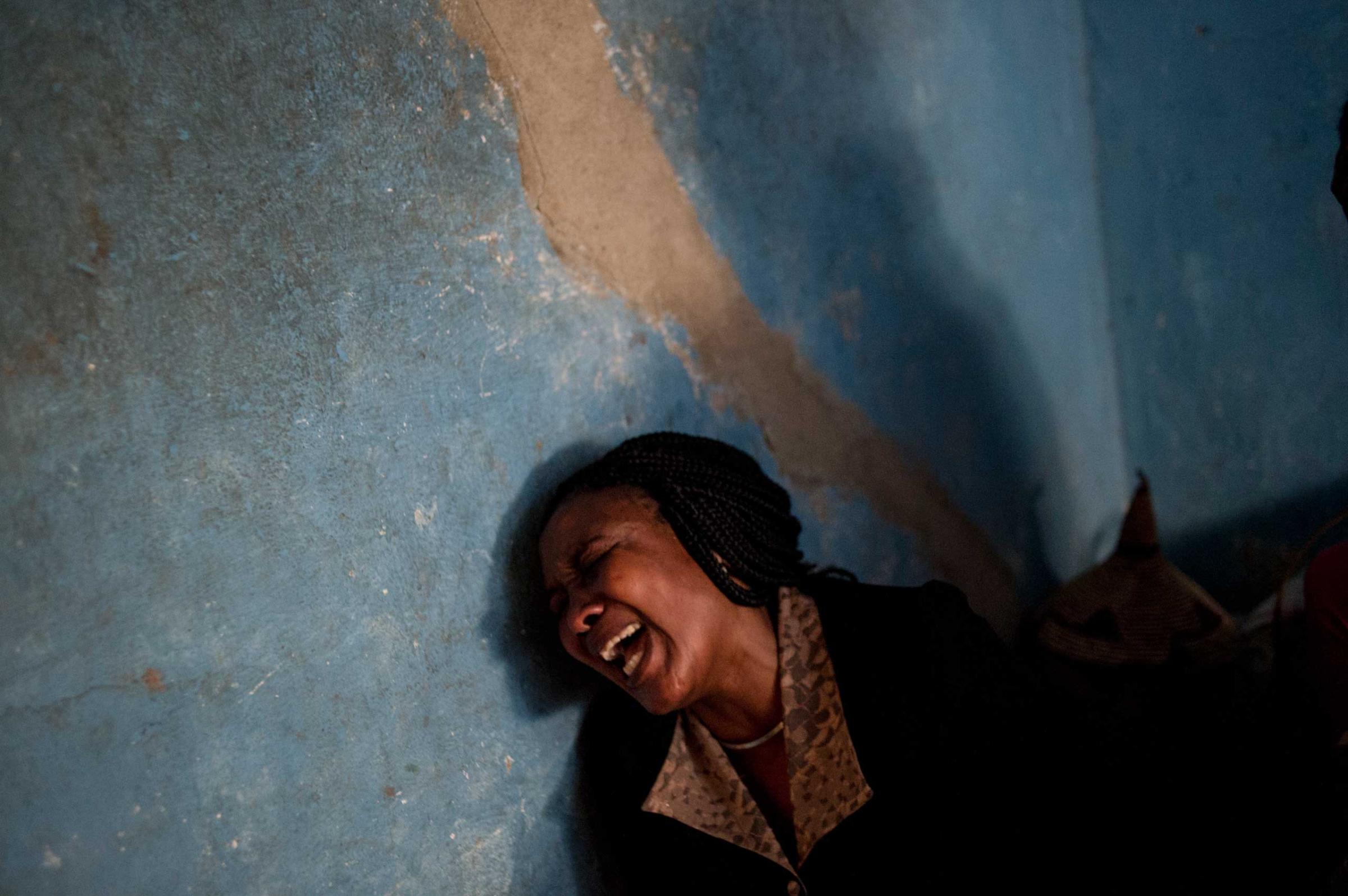
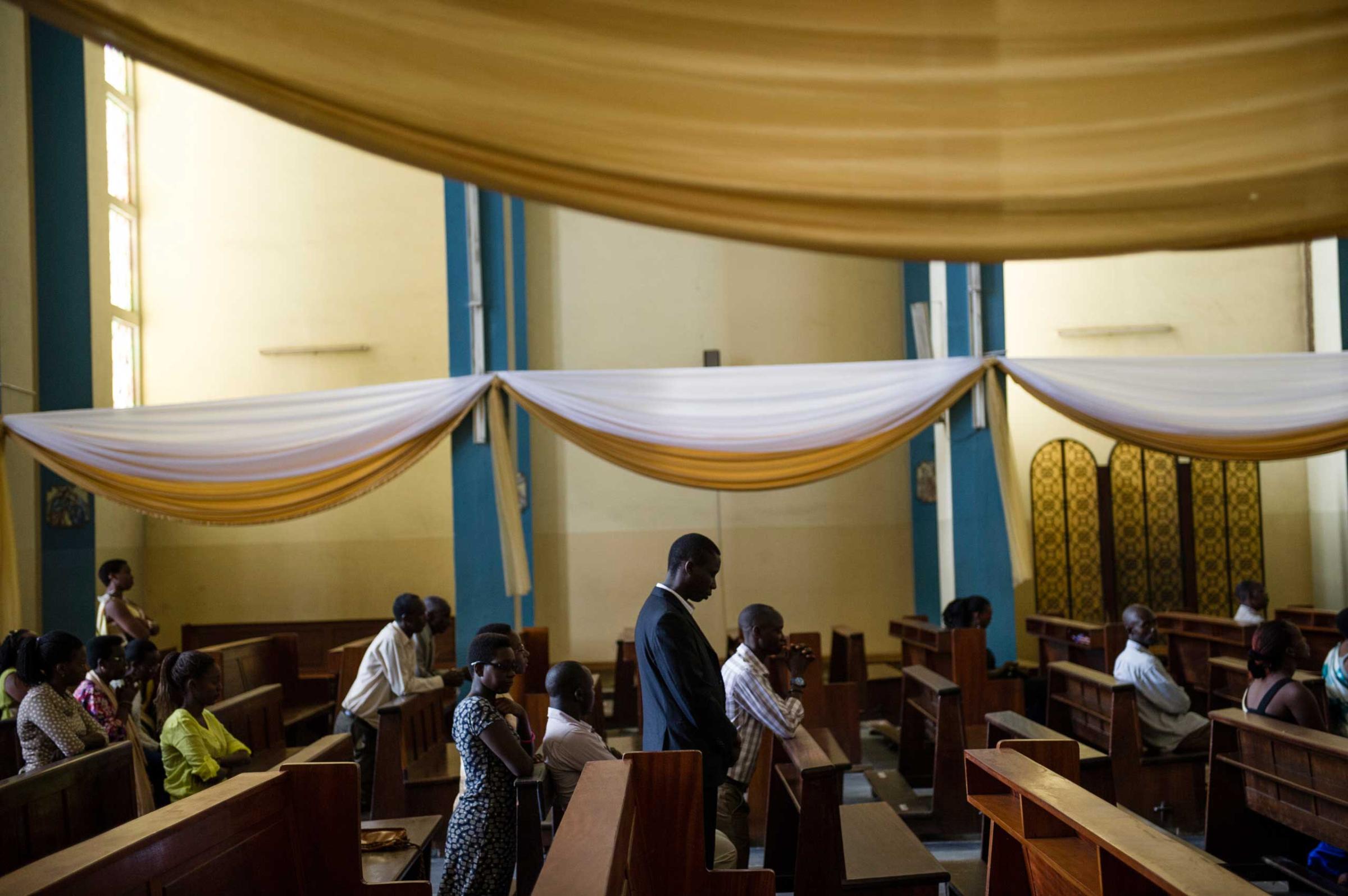
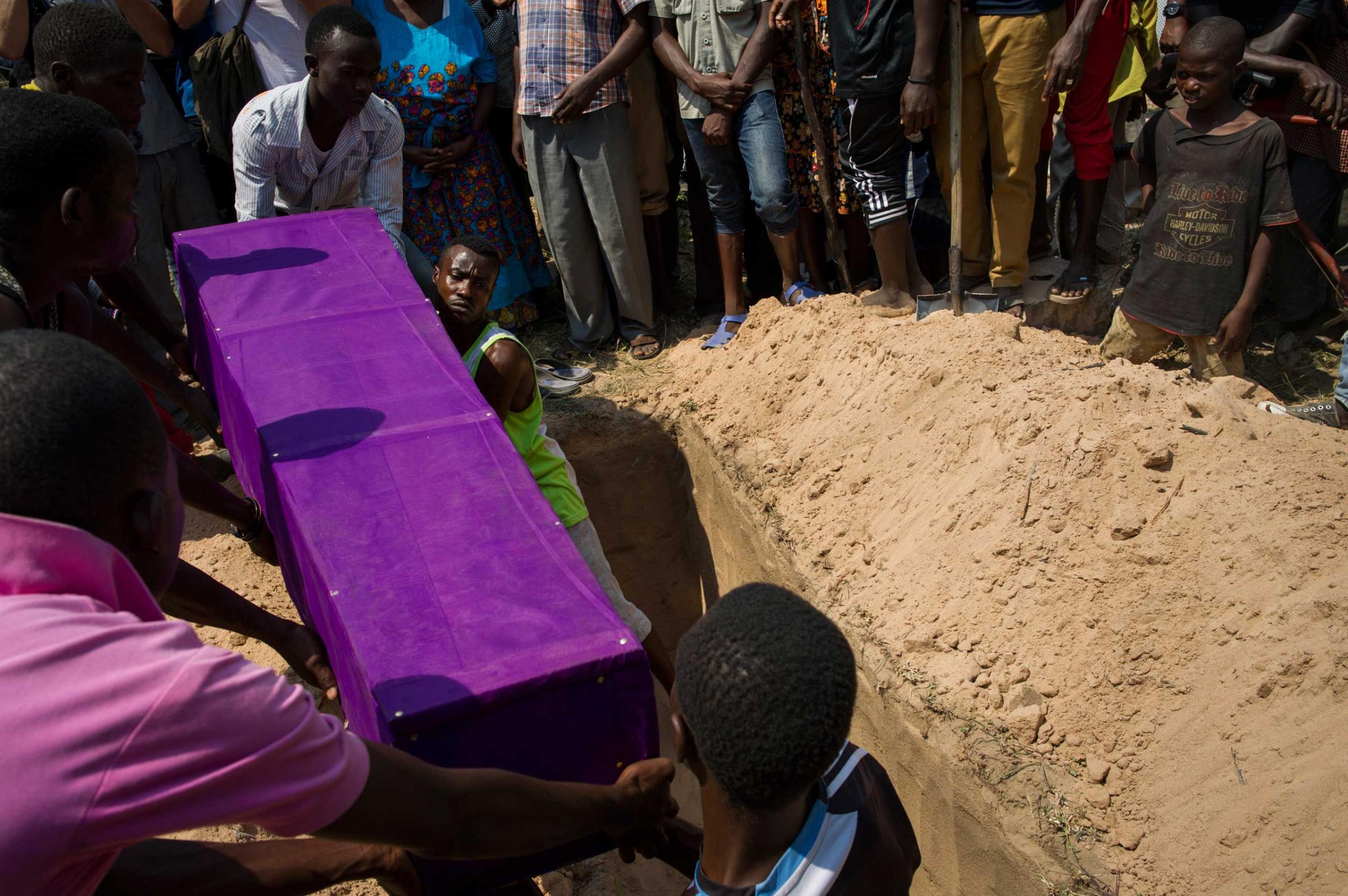
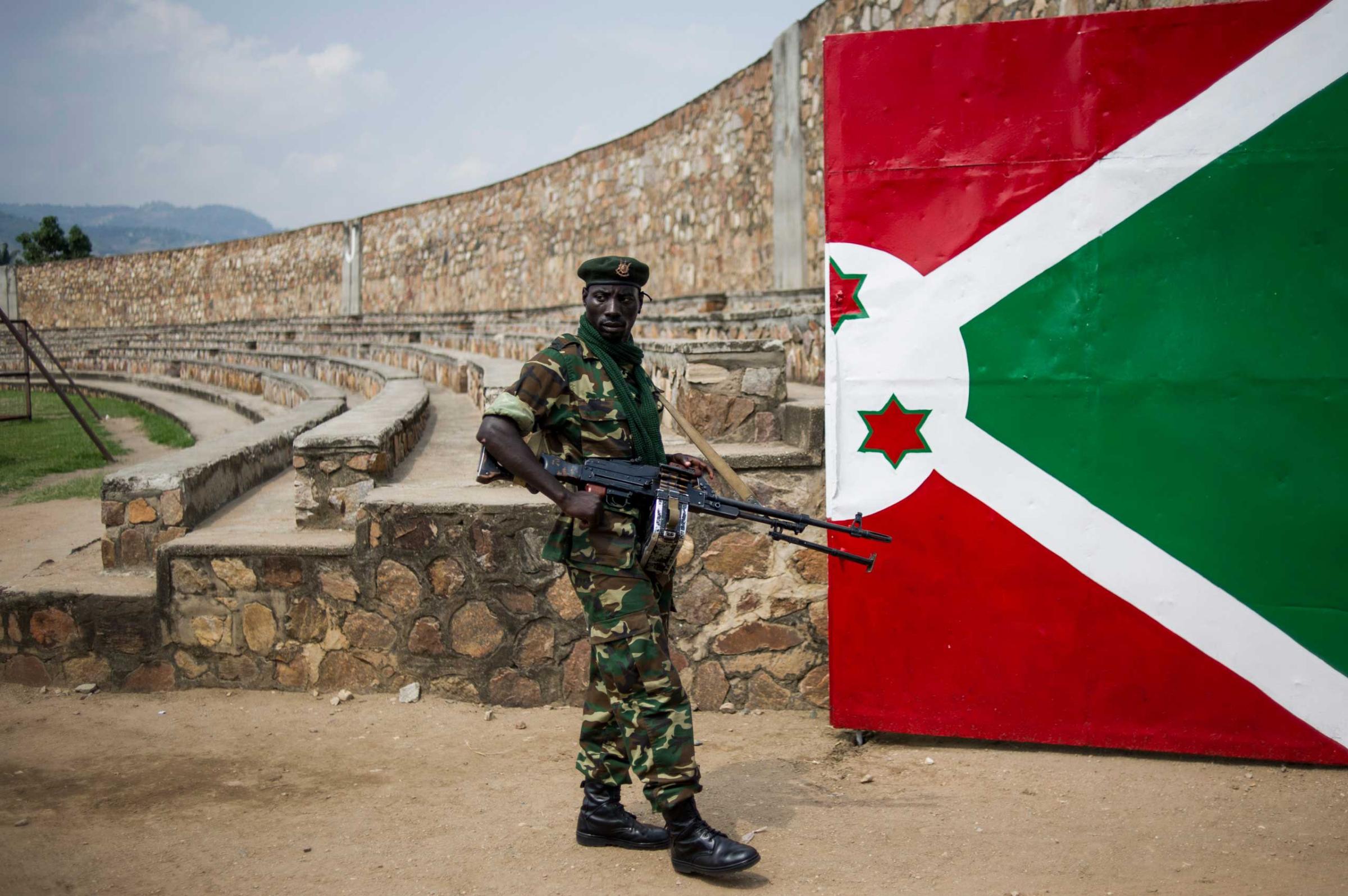

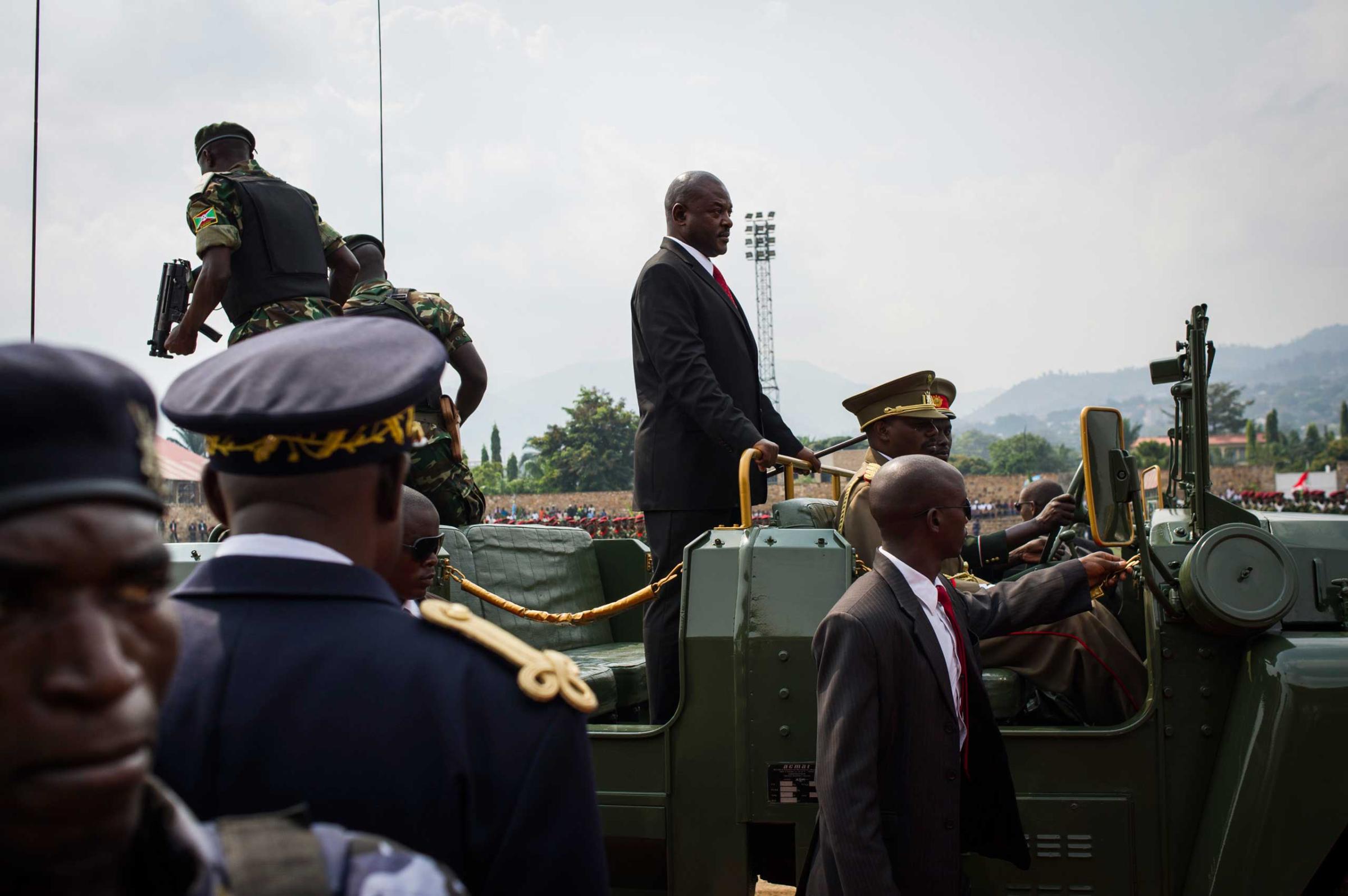
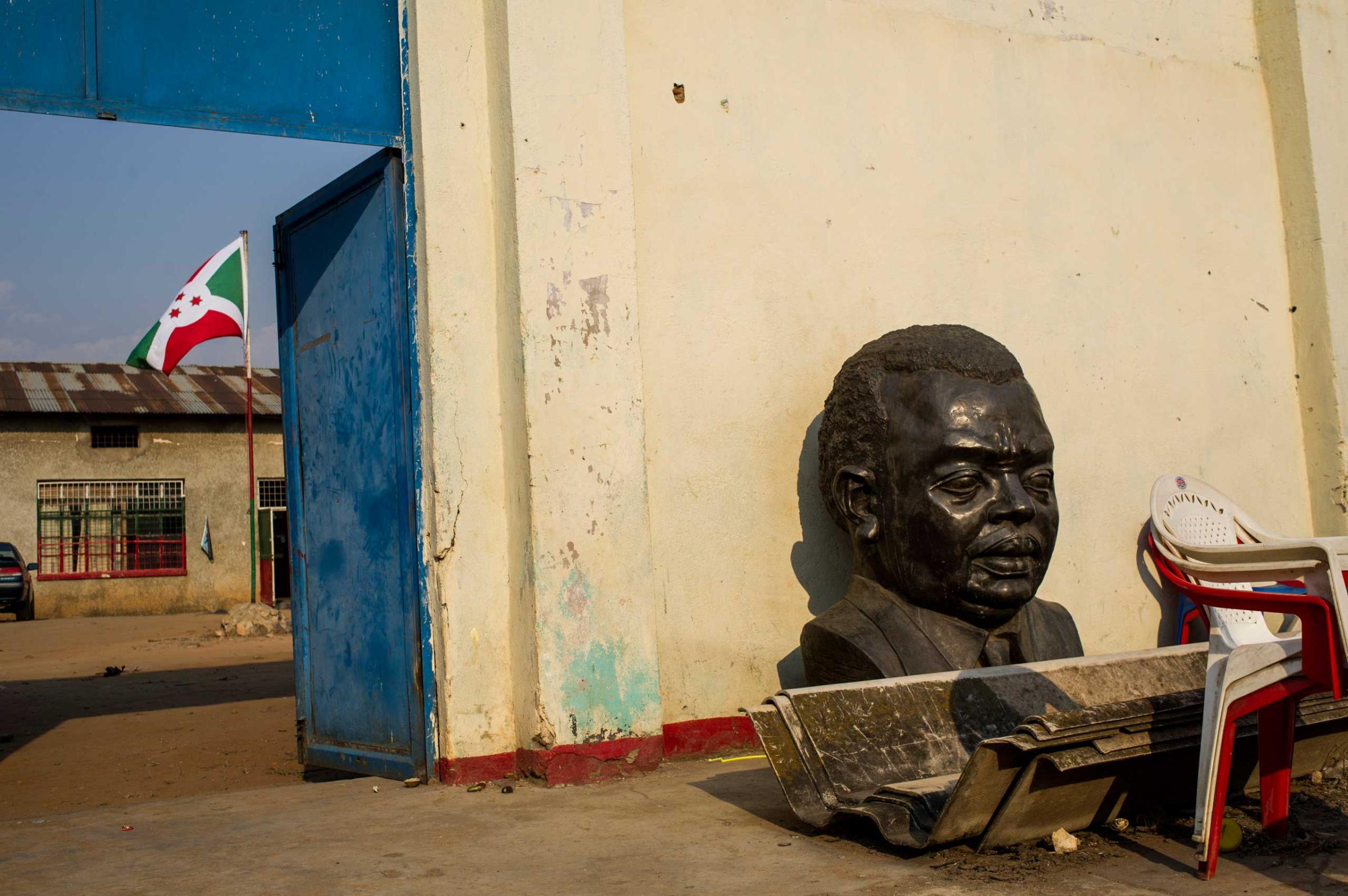

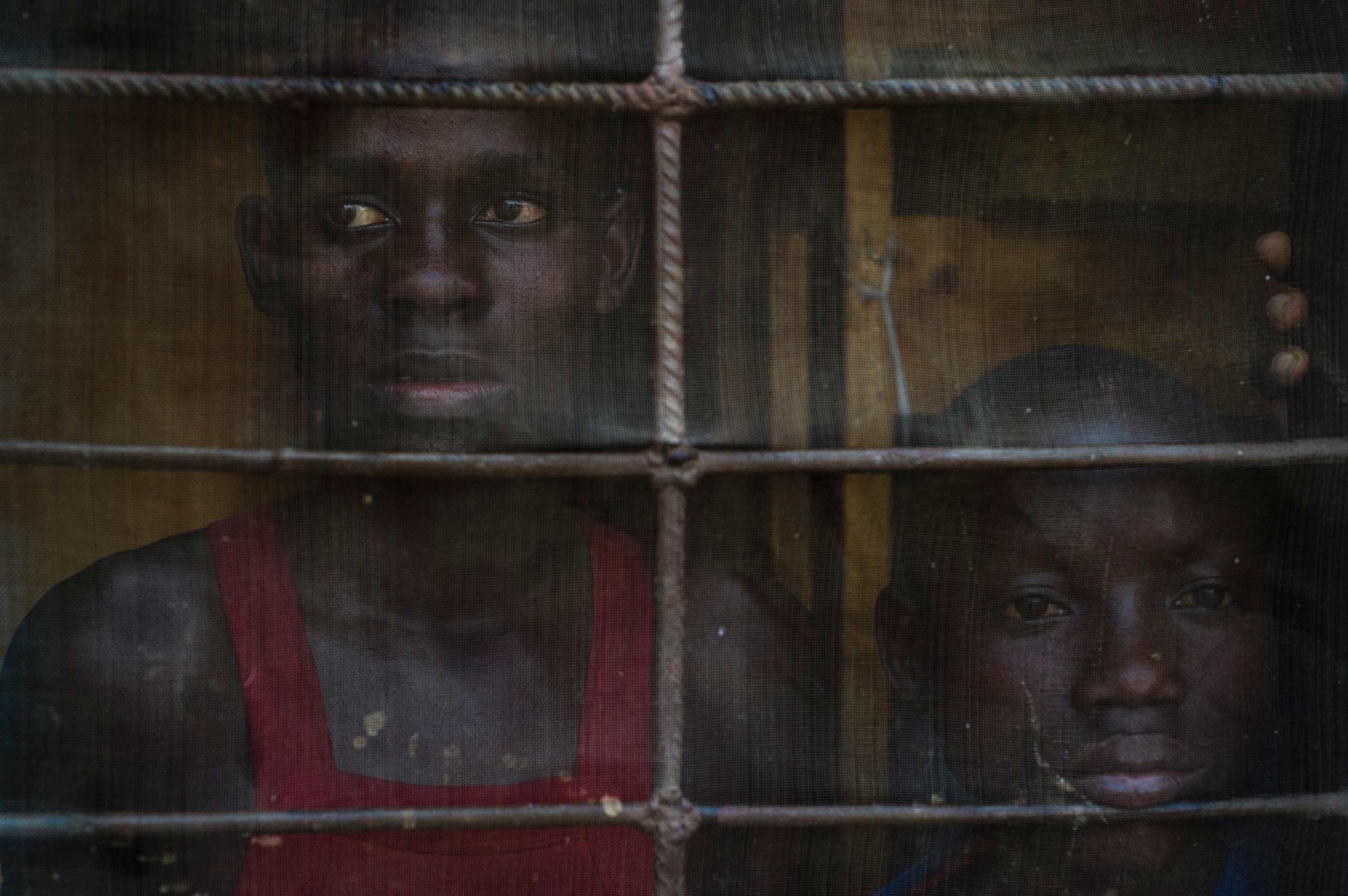
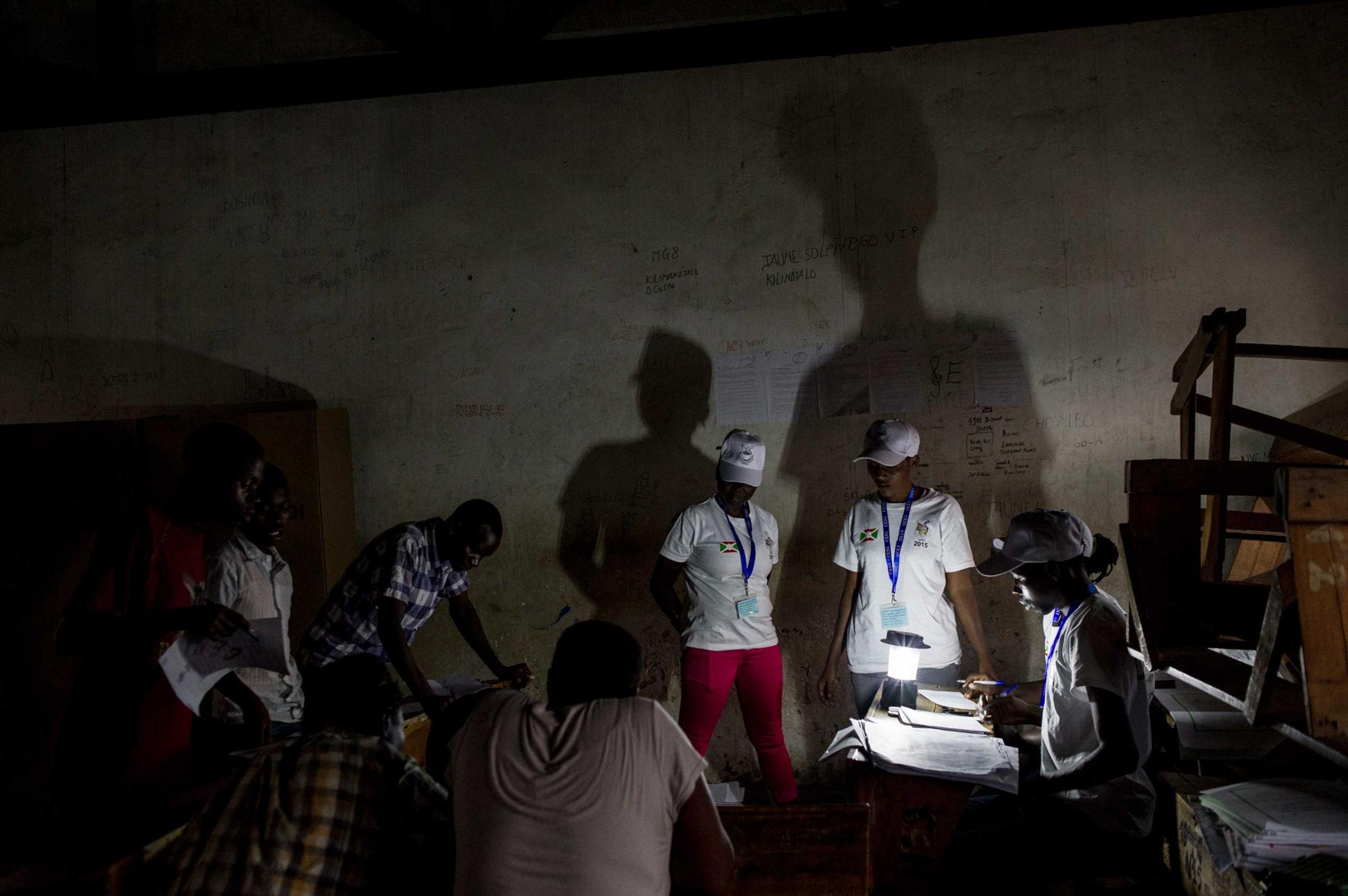
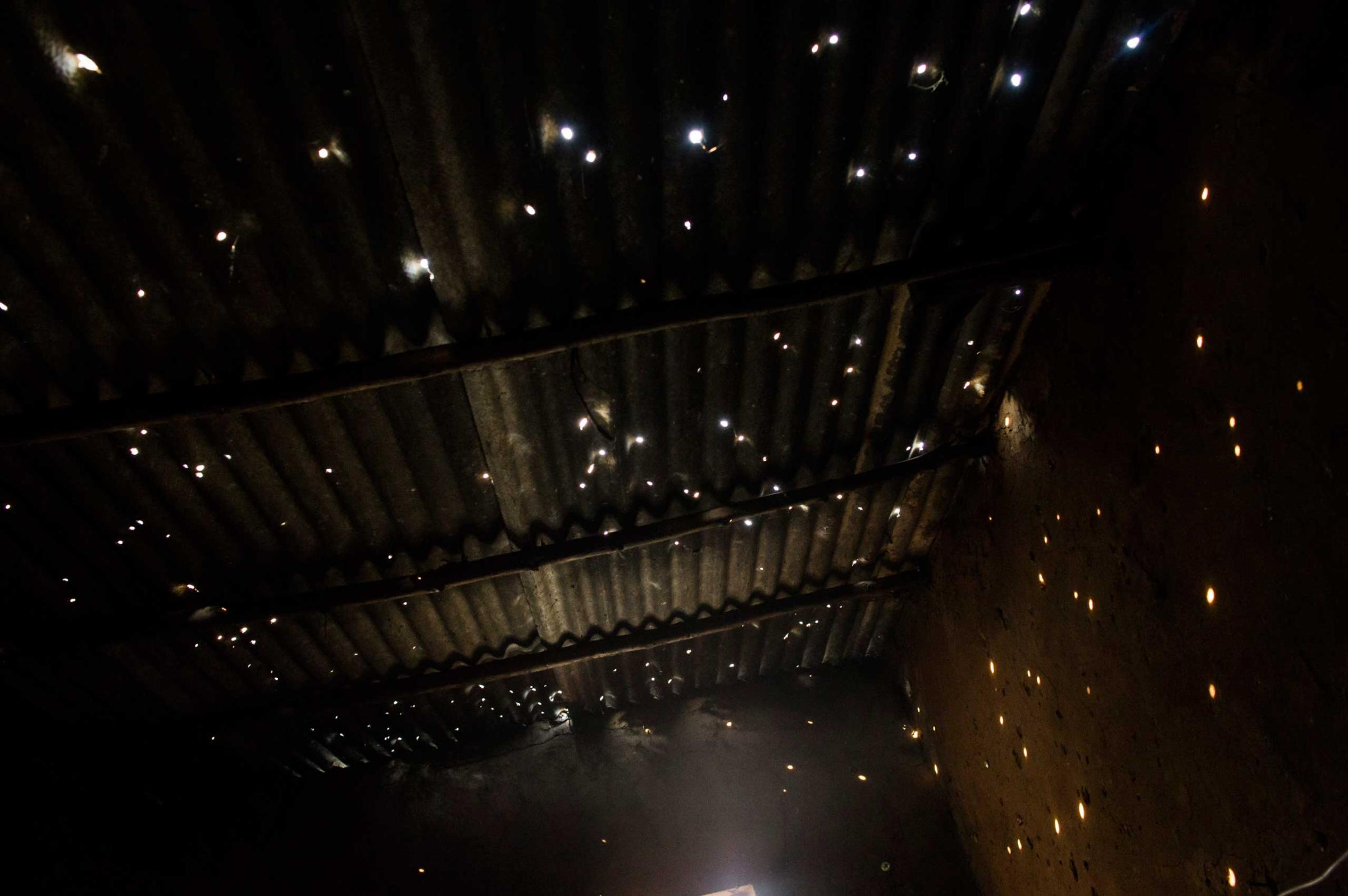
More Must-Reads From TIME
- Dua Lipa Manifested All of This
- Exclusive: Google Workers Revolt Over $1.2 Billion Contract With Israel
- Stop Looking for Your Forever Home
- The Sympathizer Counters 50 Years of Hollywood Vietnam War Narratives
- The Bliss of Seeing the Eclipse From Cleveland
- Hormonal Birth Control Doesn’t Deserve Its Bad Reputation
- The Best TV Shows to Watch on Peacock
- Want Weekly Recs on What to Watch, Read, and More? Sign Up for Worth Your Time
Contact us at letters@time.com